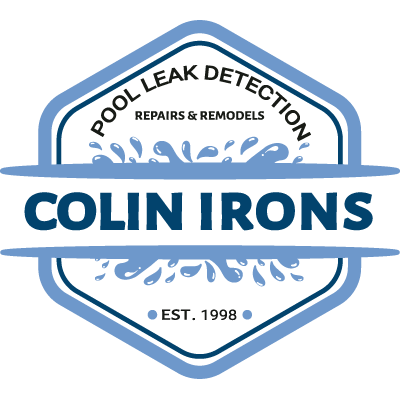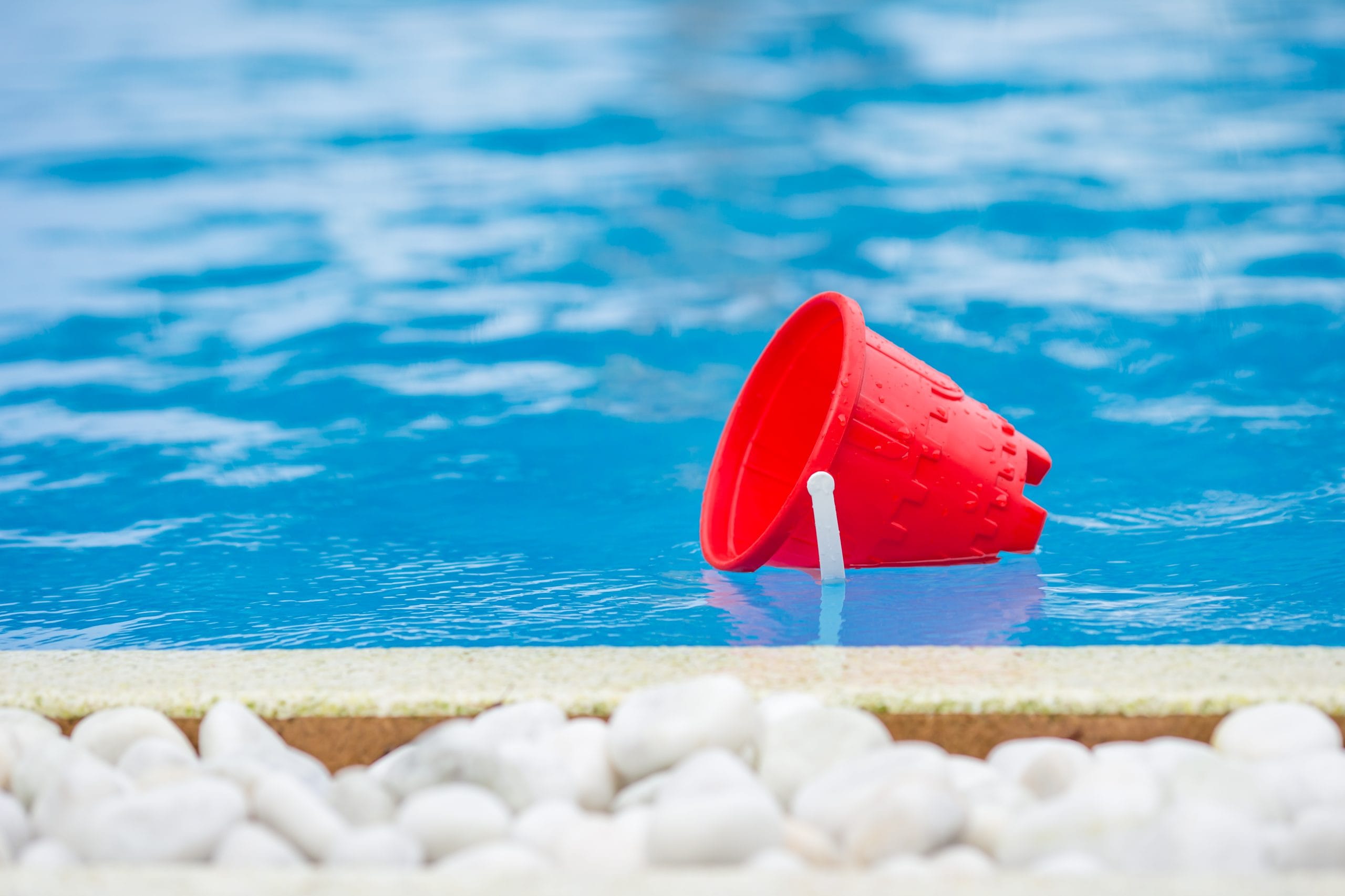Owning a swimming pool is a luxury that brings fun, relaxation, and memories. But when something goes wrong—like a leak—it can quickly become a costly headache. Pool leaks don’t just waste water; they also increase energy bills, damage pool structures, and lead to bigger repair expenses if left unchecked.
The challenge? Pool leaks are often subtle and hard to detect. In this blog, we’ll walk through the seven most common signs of a hidden pool leak, show you how to confirm your suspicions, and explain how professional help from a trusted company like Colin Irons Pool Service can save you time, money, and stress.
Why Identifying Pool Leaks Early Matters
A small leak might seem harmless at first, but even a tiny drip adds up quickly. A leak that loses just one gallon of water per hour wastes 720 gallons per month. That doesn’t just raise water costs—it also makes your pump, filter, and heater work harder, shortening their lifespan.
Left untreated, leaks can also undermine the pool’s structural integrity by eroding soil around the shell, damaging decking, or weakening plumbing lines. Early detection is your best defense against expensive long-term repairs.
Sign #1: Unexplained Water Loss
The clearest sign of a leak is when your pool loses water faster than normal evaporation. Most pools naturally lose about a quarter-inch to half-inch of water per day due to sun and wind exposure. If you’re refilling your pool more than once a week, or adding several inches of water every few days, there’s a good chance you’re dealing with a leak.
Sign #2: Rising Water Bills
An increase in your water bill without a clear explanation often signals a leak. If you’ve ruled out issues inside the house, the pool could be the culprit. Since a pool can lose hundreds or even thousands of gallons from a hidden leak each month, the costs show up quickly.
Sign #3: Wet Spots Around the Pool Area
Look around your yard for damp patches, muddy soil, or areas of unusually lush grass near your pool. These can be signs that water is escaping underground from a broken pipe or a crack in the pool shell. Over time, this water can erode soil, damage landscaping, or even shift your deck and pool structure.
Sign #4: Cracks or Shifting in the Pool Deck
Water escaping from a leak can wash away the ground supporting your pool and deck. This often leads to cracks in the decking, loose tiles, or sinking spots. While cracks alone don’t always mean you have a leak, if they appear alongside water loss, it’s time for further investigation.
Sign #5: Air Bubbles in the Pump System
If you see air bubbles coming from your return jets or notice your pump struggling to maintain suction, it may mean that air is entering the plumbing through a leak. This type of leak can affect circulation, strain the equipment, and reduce filtration efficiency.
Sign #6: Algae Growth Despite Proper Maintenance
When a leak changes your pool’s water balance, it becomes harder to maintain proper chemical levels. This often results in cloudy water, recurring algae blooms, or fluctuating chlorine and pH levels. If you find yourself constantly fighting algae despite regular cleaning and chemical adjustments, a leak may be throwing off your water chemistry.
Sign #7: Pool Equipment Running Longer Than Usual
Leaks cause the water level to drop, which can affect skimmers and circulation. If your pump and filter seem to be running longer or struggling to keep the water clear, the system may be compensating for lost water and reduced efficiency.
Simple At-Home Test: The Bucket Method
One easy way to confirm whether you have a leak is the bucket test. Fill a bucket with pool water and place it on a pool step so that the water level inside the bucket matches the pool’s water level. Mark both levels and wait 24 hours. If the pool water drops significantly more than the bucket water, you’ve got a leak.
How Colin Irons Pool Service Can Help
While at-home tests can confirm a problem, finding the exact source of a leak often requires specialized tools and expertise. That’s where Colin Irons Pool Service comes in.
With years of experience in pool care, Colin Irons Pool Service uses advanced leak detection technology to identify leaks quickly and accurately—without unnecessary digging or draining. Their team performs thorough inspections using techniques such as electronic listening devices, pressure testing, and dye testing to pinpoint hidden leaks.
Once the source is identified, they provide efficient, long-lasting repairs to restore your pool to peak condition. Beyond fixing leaks, Colin Irons Pool Service also offers regular maintenance programs to keep your pool in top shape and prevent issues from recurring.
Choosing professionals like Colin Irons Pool Service not only saves you money in the long run but also ensures peace of mind knowing your pool is safe, efficient, and ready for enjoyment.
Final Thoughts
A pool leak may start small, but it never stays small for long. The sooner you identify and address it, the more you’ll save on water bills, energy use, and repair costs. Watch for the seven key signs—unexplained water loss, higher bills, wet spots, cracks, air bubbles, algae growth, and struggling equipment—and act quickly if they appear.
If you suspect a leak in your pool, don’t wait for the problem to worsen. Reach out to the experts at Colin Irons Pool Service for a professional inspection and repair. With their help, you can keep your pool a source of relaxation and fun, not stress and expense.


